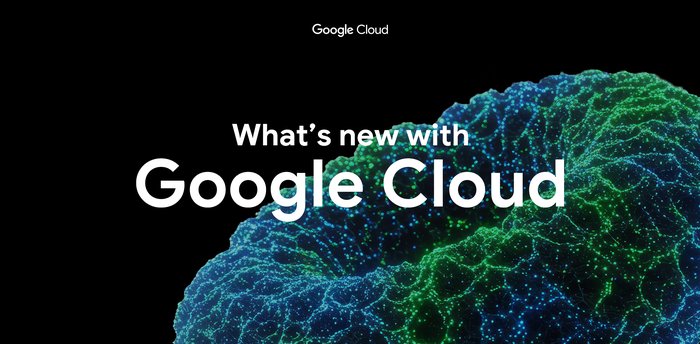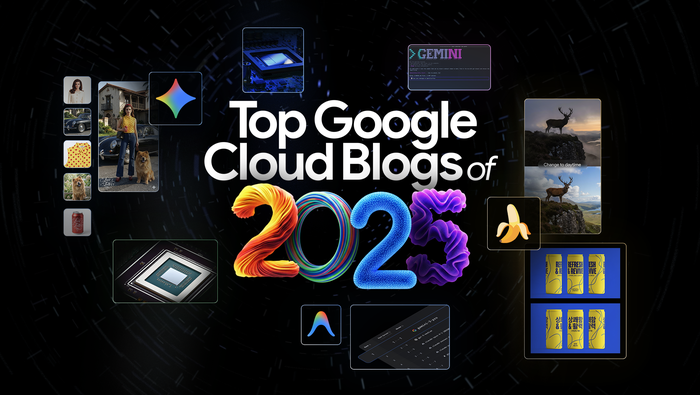Meet Ashish Vengsarkar, tackling some of Google Cloud’s most complex challenges by day and building New York Times crosswords in his free time

Google Cloud Content & Editorial
Editor’s note: Ashish Vengsarkar is a director in Google Cloud's Global Networking group, which develops, builds and operates one of the world's largest fiber optic networks. It is not work for a fainthearted technologist – Google's core network carries petabit-scale traffic, with each individual optical stream delivering information at a speed of 400 gigabits per second, enough for over 600 hours of high-quality streaming music. Not only does it have to perform with exceptional reliability, but demand is so great that Ashish and his colleagues must continually seek new ways for it to run faster and cheaper. How does he relax? Building crosswords, including 19 for The New York Times.
How did you arrive at Google Cloud?
I attended the Indian Institute of Technology, then completed my PhD at Virginia Tech before going to work at Bell Labs, a telecommunications research institution. I was working in optical networking, investigating how to improve digital transmission over fiber optic cables, in the form of light pulses. After a decade of research, I joined an optical systems startup just in time for the 2000 telecom bust. We went bankrupt, but managed to preserve people's jobs. We ended up selling that company, and subsequently I founded a couple of other optical startups before coming to Google Cloud.
Why come to Google Cloud?
Google's network embodies the pinnacle of optical and routing technologies - its scale, its pioneering of bold innovations, its inventive and passionate people, and its societal impact. The biggest challenge for me was rewiring my brain to support Google’s global mindset and scale.
How do you learn a technology system this big?
Listening and reading a variety of technical docs. People at Google Cloud know how to think big. And, like me, a lot of my colleagues enjoy not just understanding complexity, but being able to explain it to other people. I think it's really Alphabet's biggest asset. There are not that many people in the world who can think in terms of all the elements of a global system, and how it all hangs together. I work with and learn from some extraordinary minds.
Talk about what growth means to you.
We aggressively shape and embrace new generations of networking technologies to meet our scaling needs and to improve our power and cost metrics. Our work is constantly changing. Right now the industry has optical networks running at line-speeds of 400 gigabits a second, and we know 800 gigabits and 1.6 terabit systems are coming. What isn't clear is how these higher-speed systems will affect the rest of the ecosystem, what other parts will need to be adjusted, and how the overall network will be managed.
Planning is an interesting area for me. I look for high-output, long-horizon problems where we can put our most creative people. We know how to run the network, we know how to grow the network, we even know how to handle edge cases, since those happen pretty often with this much complexity. We constantly talk with networking vendors and university research teams to try and figure out the transformational ideas that will change things in five or ten years.
How do you relax after all this complexity?
I design crossword puzzles. I've published 19 of them in The New York Times. I started solving crosswords when I was 10, and then in college I started making puzzles. The first ones were British-style cryptics, crosswords which use wordplay, like puns and anagrams, in their clues. These are generally harder for the player to solve because of the style, but they are easier to design. In 2005 I moved to U.S.-style crosswords, which are much harder to design, since there are so many more overlapping words and some strict rules of construction.
That sounds… challenging.
I love words, and I constantly churn out anagrams. The other day I met a new colleague and when I heard his name I said, "your name is an anagram for 'adventure.'" He'd never heard that before, and he loved it. There are lots of talented, creative people at Google Cloud. One of my peers paints and translates poetry. My manager practices standup comedy in his spare time.



